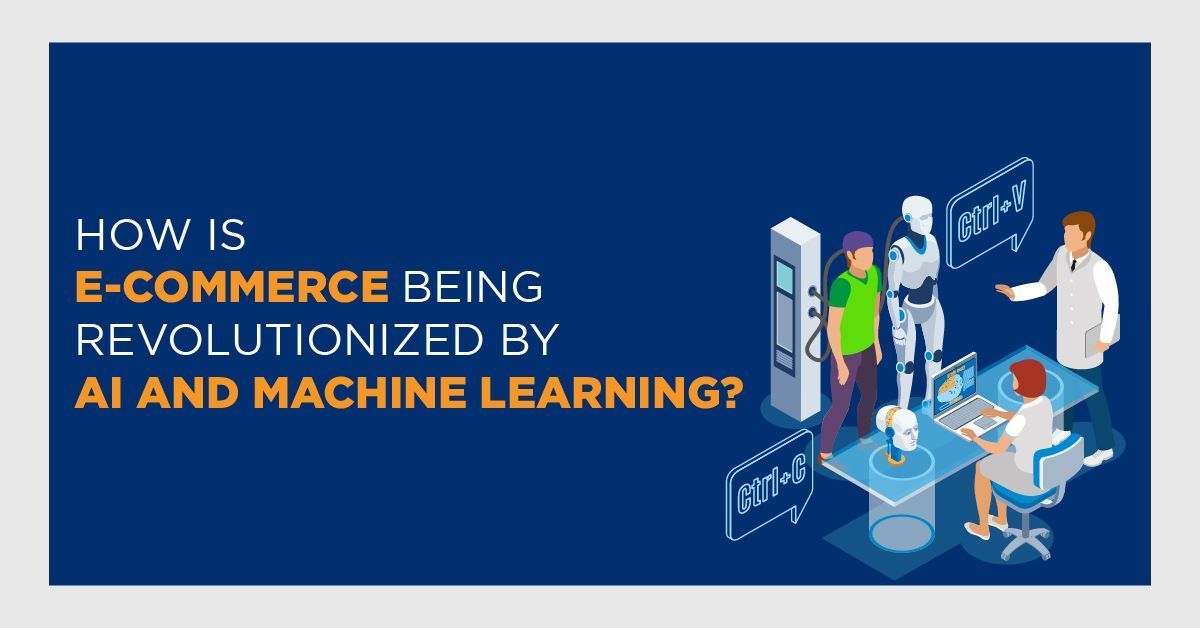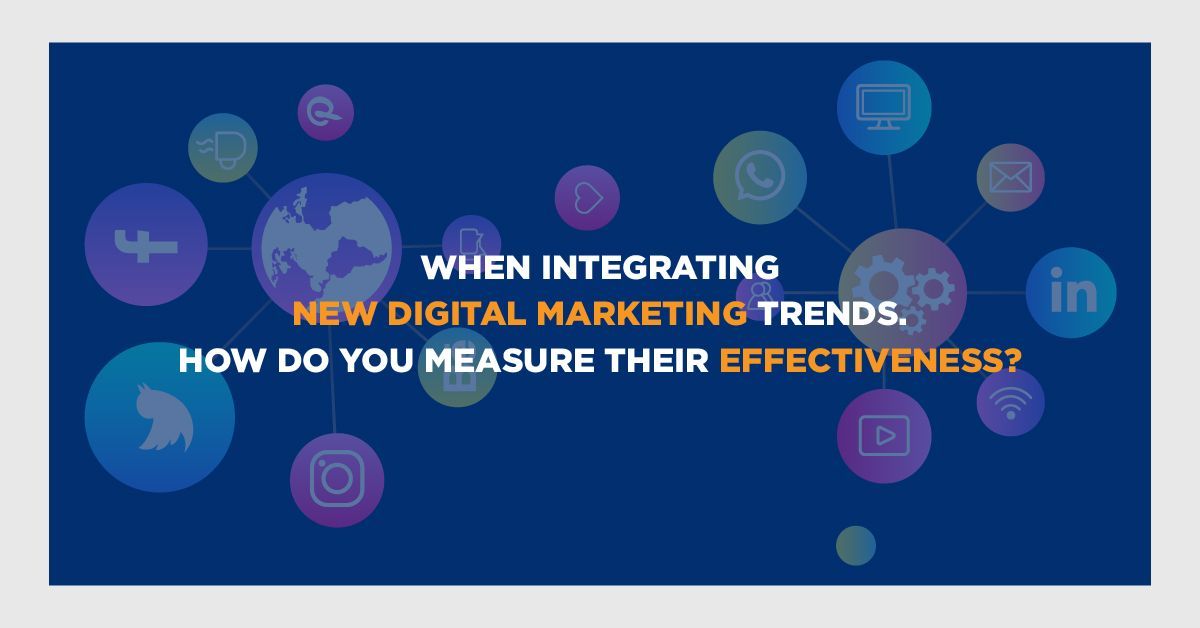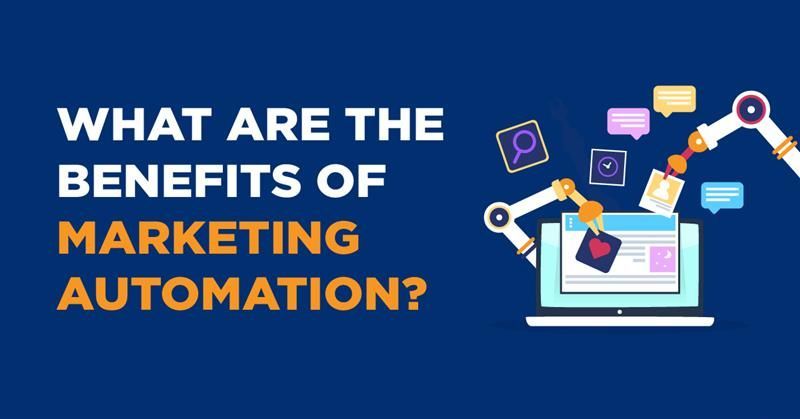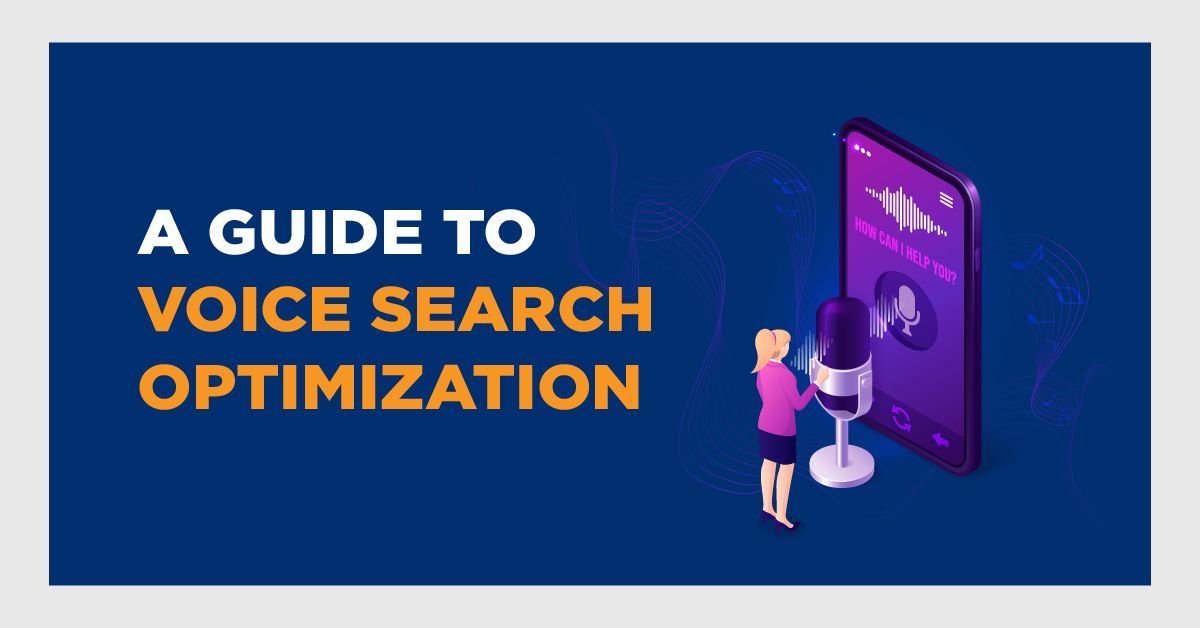How is e-commerce being revolutionized by AI and machine learning?
June 6, 2024

How is e-commerce being revolutionized by AI and machine learning?
The development of artificial intelligence (AI) and machine learning (ML) is causing a significant upheaval in the e-commerce sector. These technologies are changing customer experiences in ways that were previously unthinkable, in addition to improving the way organizations run. Personalized shopping experiences and effective inventory management are just two examples of how AI and ML are leading the way in the e-commerce revolution.
Customized Retail Experiments
Artificial Intelligence (AI) algorithms forecast what products a client is likely to be interested in by analyzing large amounts of data, including past purchases, social media activity, and browser history. For example, AI-powered recommendation engines make product recommendations based on user behavior and preferences that customers are more likely to purchase. One excellent example of this is Amazon's recommendation system, which greatly boosts sales with tailored recommendations.
Chatbot-Enhanced Customer Support
Chatbots driven by AI are transforming e-commerce customer service . These chatbots can do many jobs, such as helping with the purchasing process and responding to frequently asked questions. Chatbots answer consumers' questions instantly and are available around the clock, in contrast to human agents.
Furthermore, sophisticated chatbots provide a more human-like connection by utilizing natural language processing (NLP) to comprehend and reply to intricate inquiries. Offering prompt and accurate service raises customer satisfaction and increases client retention rates.
Effective Inventory Control
Businesses can have the right amount of inventory on hand by using AI and ML to forecast demand for various products. Artificial intelligence (AI) systems can estimate demand with high accuracy by examining past sales data, seasonal trends, and even external factors like the state of the economy. The ability to foresee future trends helps to minimize overstock and stockouts by guaranteeing that the appropriate products are accessible when needed. An e-commerce website, for example, can modify its inventory to fulfill client needs without overstocking if it detects a spike in demand for a specific product.
Strategies for Dynamic Pricing
Another area where artificial intelligence and machine learning are having a big impact is dynamic pricing, where prices are changed in real time based on competition, demand, and other factors. These systems calculate the best price for a product at any given moment by examining competition pricing, consumer behavior, and market trends. E-commerce companies can increase earnings and maintain competitiveness by implementing this real-time pricing method. For instance, e-commerce companies are now utilizing the same technology that airlines and hotel chains have been using for years to optimize their pricing strategies: dynamic pricing.
Fraud Prevention and Identification
In e-commerce, fraud is a big problem, and artificial intelligence is essential to prevent it. Through examination of transaction data patterns, machine learning algorithms detect fraudulent actions. Over time, these systems become more proficient at detecting and stopping fraud due to their ongoing learning and development.
For instance, an AI system can flag transactions for more inquiry if it notices anomalous purchasing behavior, such as several high-value transactions from a new account. This proactive strategy aids in reducing monetary losses and safeguarding the company's image.
Improved Product Discovery and Search
Customers may now more easily locate what they're looking for on e-commerce websites thanks to improved search capabilities brought forth by AI and ML. Conventional search engines depend on keyword matching, which frequently yields results that aren't relevant. On the other hand, natural language processing and machine learning are used by AI-powered search engines to comprehend the context and intent of a search query. This improves the customer's buying experience by producing search results that are more precise and pertinent. Through visual search technology, for example, users can upload an image of a product they want, and the AI system will locate related products offered on the website.
Enhanced Promotional Initiatives
Also, the way e-commerce companies handle marketing is changing due to AI and ML. These technologies determine the best marketing approaches for various client categories through the analysis of customer data. This entails figuring out when to send promotional emails, what kinds of material appeal to audiences, and which channels work best for attracting new clients.
An AI system may determine, for instance, that a particular demographic reacts more favorably to social media advertisements than to email marketing. Then, e-commerce companies may spend their marketing money more wisely, increasing return on investment (ROI).
The Effects of B2B Online Shopping
Though B2C e-commerce has received a lot of attention, B2B e-commerce is also being revolutionized by AI and ML. AI is being used by companies to predict product demand, expedite procurement procedures, and customize services for other companies. AI can assist in B2B e-commerce by helping to comprehend the purchase habits of various businesses, enabling more specialized and successful sales tactics. Using historical orders and current market patterns, for example, a supplier can use AI to suggest products to a merchant. Long-term business connections are fostered, and client satisfaction is increased by this personalized approach.
Conclusion
The e-commerce sector is changing thanks to AI and machine learning. These technologies are significantly improving every facet of e-commerce operations, from fraud detection and efficient inventory management to personalized shopping experiences and improved customer care. The impact of AI and ML on e-commerce will only increase as these technologies develop, providing more chances for companies to innovate and prosper. Adopting these technologies is now a must for remaining competitive in the quickly changing e-commerce market.










